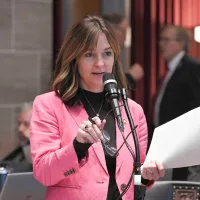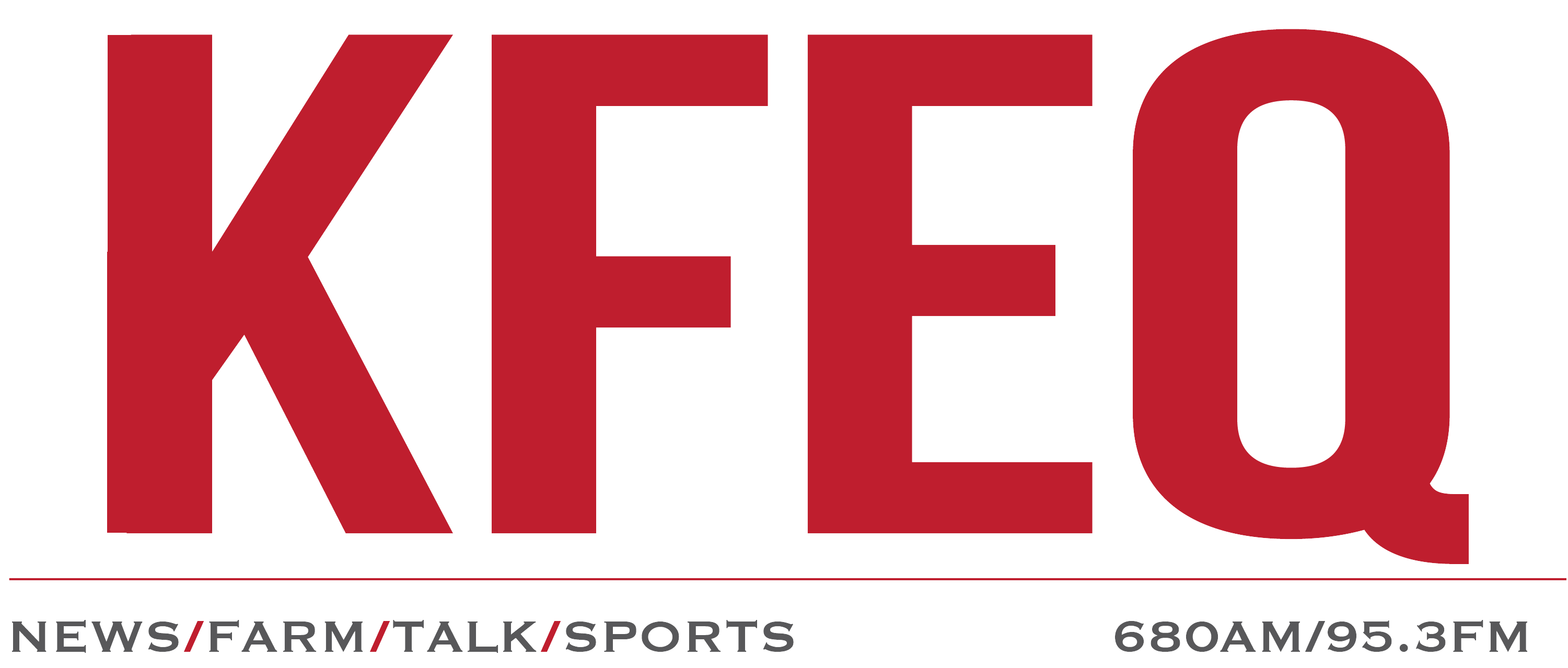
The General Assembly hopes to help students in popular degree fields graduate sooner
BY: ANNELISE HANSHAW
Missouri Independent
Missouri students majoring in business, biology, elementary education, psychology and nursing may soon be able to transfer more college credits between the state’s public universities.
State lawmakers negotiated a plan to make 60-credit-hour blocks in five degree programs universally transferable among public universities and community colleges in Missouri as part of a bill awaiting the governor’s signature or veto. The change is set to kick in by the 2028-29 school year.
The legislation’s original sponsor, Republican state Rep. Cameron Parker of Campbell, has advocated for the bill for two years in hopes it can reduce the number of classes transfer students have to repeat.
“If you go to a community college in southeast Missouri and you transfer to a four year school in northwest Missouri, we want it to be a seamless transition across the state,” she told The Independent. “So if you go to any community college, you will know what any of the four-year schools are going to take.”
Parker chose the five degree programs in the bill because they were the most popular for community-college students. She sees the potential for colleges to extend similar agreements to other fields but understands the process is “daunting” for universities.
Four-year institutions have been the only pushback on the legislation — which garnered near unanimous approval from the Missouri House.
Paul Wagner, executive director of the Council on Public Higher Education, told a House committee in February that he wished the bill would allow for colleges to keep existing agreements for the five degrees intact. Wagner’s group represents Missouri’s public universities outside of the University of Missouri system.
“We still have some concerns that it is going to be throwing out the good in hopes that whatever the new thing is might be better,” Wagner told The Independent in an interview Wednesday.
But Brian Millner, president of the Missouri Community College Association, said in the House hearing that the current system is not working for students.
“Our transfer and articulation system is built on a house of cards of literally thousands of articulation agreements between a community college and a university for a particular program replicated over and over and over again,” he said. “We can do better for our students.”
Navigating these articulation agreements can be challenging, Millner said, and it increasingly hurts students who do not have a clear idea of which four-year college they will transfer to.
GET THE MORNING HEADLINES.
SUBSCRIBE
The issue expands beyond students and impacts Missouri taxpayers, Parker said, since many Missouri students use the state-funded A+ Scholarship Program to pay for community college. The A+ program pays for students to take 12 to 18 credit hours at a community college each semester for up to two years.
“If kids are taking 60 hours and then they’re transferring only 42, it is not fair to the kids. It is not fair to their parents, and it is not fair to the taxpayers paying for the A+ Program,” Parker said.
Since the 2018-19 school year, Missouri public universities have collaborated on a 42-credit-hour block of general education requirements, dubbed the CORE 42, thanks to a law passed by the General Assembly.
There were “fits” at the beginning of the program, Wagner said, but “implementation has worked really well.”
Parker’s legislation would expand the existing program, adding 18 more universally transferable credit hours for the five degree programs. Mirroring the implementation CORE 42, a coordinating board of stakeholders will oversee the course-equivalency block.
As part of negotiations with universities, Parker edited the legislation to call for an equal number of representatives from community colleges and four-year institutions on the board. Her original bill called for one member per school.
The change, she said, helped tamp down some concerns and advance the bill this year.
“When everybody started coming to the table and sitting down and making these big fixes that helped everybody across the board, then I became pretty hopeful (that the bill would pass),” she said.
Gov. Mike Kehoe has until July 15 to sign or veto bills passed this year.



